
Television Review | The Mandalorian (Season 3)

Producers: Lucasfilm, The Walt Disney Company
Aired: released weekly to Disney+
Episodes: eight
MPAA Rating: TV-14
EE Critic Score: 8/10
Season 3 of The Mandalorian released in March and April of 2023. In the time between that and the release of Season 2, three other live-action Star Wars television projects were released, including Andor, which set a new bar for small-screen Star Wars, and Star Wars generally, in many respects. The Mandalorian, despite a less grim, more entertaining tone, was able to hold its own in the new landscape, capturing much of the charm of previous seasons while making some real improvements to the show's film-craft. In contrast to previous seasons, no episode felt especially substandard or inessential. Individual episodes were covered week-by-week in A Running Commentary, so this will be a review of Season 3 as a whole.
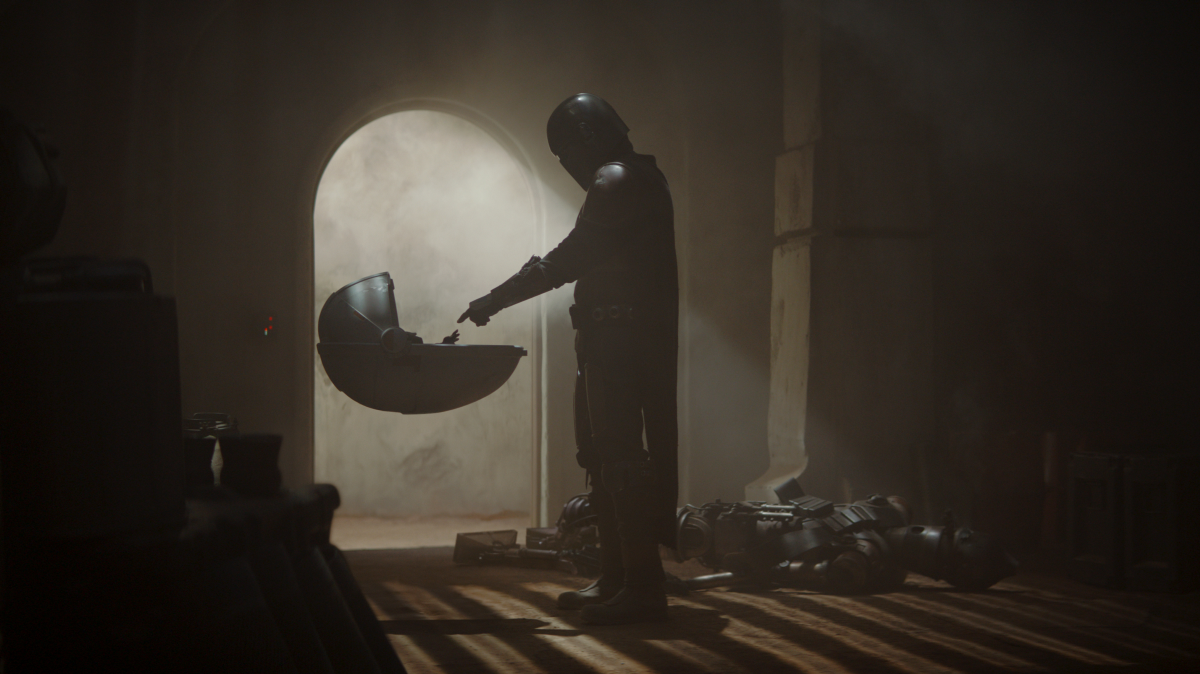
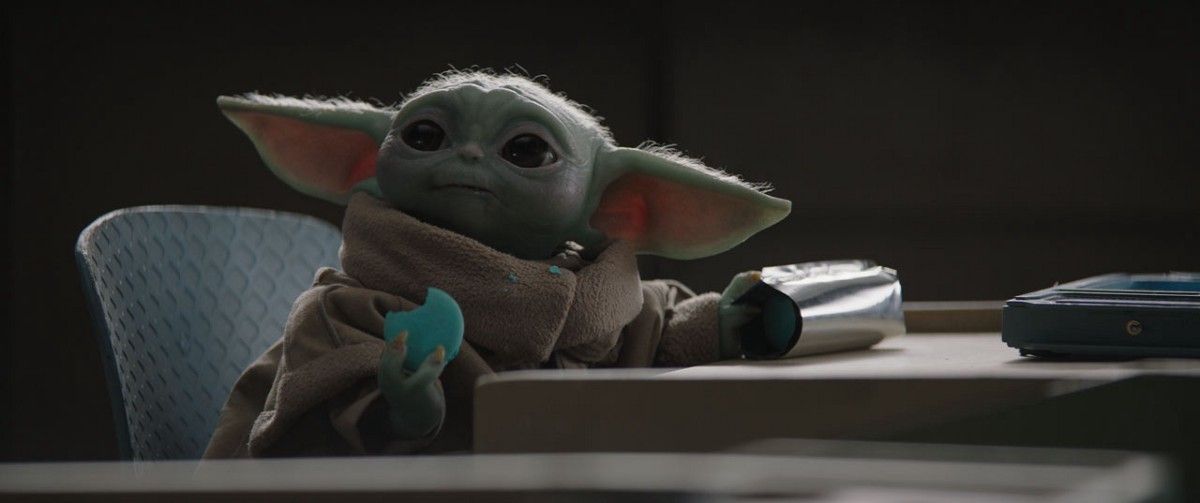

Analysis
Season 3 got off to a somewhat rocky start. The premiere episode, while packed with fun and interesting scenes, felt overall aimless. Add to that the fact that Season 3 does not directly follow Season 2, but rather follows from Din Djarin and Grogu's appearance in The Book of Boba Fett, which, being technically a separate show, many people watching this show perhaps hadn't even seen. I'm of mixed minds about the way that was handled: I don't think it's unreasonable to expect Mandalorian fans to have watched Boba Fett. But Djarin and Grogu's story there didn't have much to do with that show's central story, and it did have quite a lot to do with this show's, so just from an organizational standpoint it would have made more sense to group those scenes with the related scenes in Season 3 rather than the unrelated scenes in The Book of Boba Fett.
But it's pretty clear to me that LucasFilm wanted Season 3 of The Mandalorian to move the Star Wars narrative forward to a certain point in order to set up other shows. That's not to say that it felt like other shows were being given backdoor pilots, the way they were in Season 2. But I do think that there was a bit of a hurry to a) get Djarin and Grogu back together, b) get Djarin back in good standing with his people, c) get Bo-Katan allied with Djarin's group, d) get the Mandalorians out of hiding, and e) have Bo-Katan lead a united Mandalorian force to re-take Mandalore, all before shows like Ahsoka came out.
All that could have easily filled two seasons, and trying to fit it into a single 8-episode season would have left the story little room to breathe. Given the spacing between seasons, it would all have to be done in Season 3 to be done in time. Season 3 could have been made longer, in theory, though I'm not sure that whatever contract work that'd take would be possible. It might be that colonizing a few episodes of The Book of Boba Fett was the most elegant solution for the show-makers, even if it was awkward for viewers.
Anyway, iffy start aside, I enjoyed Season 3 quite a bit, and I appreciated a lot of improvements I noticed over previous seasons. There was, for instance, a lot less of a reliance on Djarin as the only perspective character, which opened the show up to foreshadow Moff Gideon's return and to show how things are going in the New Republic. Multi-lateral storytelling was a big part of what made Andor work so well, and I was glad to see it adopted in this show. Also, while the action scenes in the show have always been pretty good, Season 3 gave us both a lot more starfighter action and a lot fewer corridor gunfights, which, to me, showed greater effort in making every action sequence exciting and memorable.

The big theme of this season was restoring Mandalore through restoring Mandalorian unity. This came not really through Djarin's story but through those of Bo-Katan and the Armorer. At the start, the Armorer is primarily concerned with preserving the Way of Mandalore in the face of Imperial persecution; resultingly she's a hardline fanatic about adhering to ceremonial law and is quite harsh to Djarin and quite closed to other, less devout Mandalorians. Bo-Katan, by contrast, has largely accepted the Mandalorian defeat by the Empire. She dismisses Djarin and his people as wannabe-Mandalorian cultists, while just accepting that the people of Mandalore are destined to live as scattered mercenaries. Both of them change in response to Djarin's pilgrimage to the mines, which restores the hope for a Mandalorian future that both of them had lost in their own way. The Armorer, upon getting confirmation of Mandalore's habitability and hearing of Bo-Katan's sighting of a mythosaur, sees a chance for her covert to finally lie on Mandalore. Bo-Katan also sees a change to regain power, drawing from the covert's devotion to gain a deeper sense of appreciation for the Mandalorian identity and a renewed desire to fight for her people. Both come to understand each other better, and both come to realize that they need each other. They are able to put their differences aside, and in so doing, they are able to unite tier respective groups.
The show does all this without making a real call in favor of one or the other. The Armorer and her group maintain their ways, and Bo-Katan's group maintain theirs. Bo-Katan herself serves as a sort of Billy Graham, Warrior Princess, working to bridge the gap between the different Mandalorian sects, earning a position of prominence within each and subsequently giving each permission to work alongside each other. The differences between the groups don't go away; Mandalorian unity here is not Mandalorian homogenization. What goes away is the different group's animosity toward each other.
And, of course, the other thing that goes away in the Darksaber. Now, I like the Darksaber as a weapon, but as a totem of Mandalorian rulers, it was more of a liability than an asset. Not only did the succession-by-combat tradition surrounding the Darksaber open the door for Maul and later Gideon to take over, it also promoted in-fighting between Mandalorians, in much the same way the Rule of Two promoted in-fighting between Sith, though less deliberately. Its destruction means Mandalore has the opportunity to find a more peaceful, or at least a less directly violent, way of choosing rulers. All-in-all Bo-Katan seems to have adopted, in a less radical way, the dream of an end to Mandalorian civil wars that her sister Satine built her life around.

So when does all this stuff about Mandalorian unity leave Din Djarin in this season? Well, he kind of felt sidelined in his own show here. Besides coming to trust Bo-Katan as the Mandalorian leader, he doesn't change much as a character. We as an audience don't really learn much new about him (other than that Din is his family name). He never really was that much of a driving force in the plot of the show; he's a gun-for-hire, only in this season rather than taking a bunch of random jobs for money he's either fighting pirates for a land claim on Nevarro or else doing pro bono work to help Bo-Katan reclaim Mandalore. In any real sense, he's not the main character of this season; Bo-Katan is, and Djarin serves as her sidekick. I'm not entirely opposed to this, since I think that, looking back, the shift was done well. I also think that Bo-Katan's story was more interesting than whatever Djarin-focused thing we might have gotten.
Grogu actually did have a bit of character growth this season, if only a bit. With the story of Grogu the MacGuffin having been wrapped up in Season 2, and with LucasFilm's corporate interests likely unwilling to let one of the main audience draws go, Season 3 saw the start of the story of Grogu the character. He was still mostly comic relief, but he did get a little to do to drive the story this time around, and we got a bit of a look into his head and into his past. In the final fight against Moff Gideon, he was given equal part with Djarin and Bo-Katan. Still, he wasn't a main character, even though he was there through every episode. The show-makers kept him from feeling irrelevant, but it did feel like they were trying to keep him from feeling irrelevant, if that makes sense.
In my review of Andor, I concluded that while "I don't want every future Star Wars show to be like Andor, but I do want every future Star Wars show to have the same level of effort for excellence that Andor had." So, now, I have to ask and answer the question: did The Mandalorian's third season exhibit the same level of effort for excellence that Andor did? I'd say not quite, though it showed a lot more effort than previous seasons, as a whole. It's hard to directly compare the two shows, since they're so different tonally; it's like trying to pick the better show between The Expanse and Psych. Psych isn't nearly as deep a look at the human condition, but it isn't trying to look deeply at the human condition, it's trying to deliver absurdist situational humor, and it does so very well. Likewise, The Mandalorian isn't trying to take a clear, hard look at the necessary costs of fighting oppression, it's trying for the more standard Star Wars swashbuckling serial sensibility, and it does that very well. There are great things in this show, like the jetpack pursuit of a big flying dinosaur, or the weird trek through the mines of Mandalore, that wouldn't be in a show like Andor. Those are the sorts of things I had in mind when I said I didn't want every Star Wars show to be Andor.

But there were some scenes in this show that just didn't come off like I think they were supposed to. The episode with Jack Black, Lizzo, and Christopher Lloyd is kind of review-proof, so let's set that aside. The episode with Dr. Pershing is probably a better place to start. At its core was a really good story, but the execution was marred by Clone Wars-style idle chatter during a lot of scenes wherein nothing really needed to be said. That episode was the closest sort of thing to Andor that The Mandalorian has had, and the difference in writing quality was pretty stark.
Also, throughout the season, the puppeteering was sort of dodgy. The Grogu puppet's head is really good effects work but the body was clearly never meant to do more than sit in a flying basinet and maybe toddle around a little. When he does big jumps and flips it looks like a baby doll getting tossed around, and it's jarring in the middle of a show with a lot of other, better-done effects characters. And besides Grogu, both the Pirate King Gorian Shard and the Ugnaut droid-smiths had noticeable lip-synch issues. None of this ruined the show, but they did ruin certain moments.
Writing-wise, there were some big improvements. Maybe this was just because of the theorized compression of the season, but this season's story was a lot more focused than in previous seasons. And that story was more compelling. The story of Djarin saving Grogu from the Empire and helping him find the Jedi was well-told but not the most original thing. Season 3's story was less generic and had a lot more societal commentary to offer. There was clearly more effort put into the plotting of this season compared to the last.
One thing that I did think was simply worse this season than in the previous was the music. Ludwig Görranson, who scored the first two seasons, did not return to score the third. Instead, Joseph Shirley, a protegé of Görranson's who also scored The Book of Boba Fett did the music here. It was still fine, but it felt like a remixing of the existing scores. New themes didn't really stand out to me.
Finally, I appreciated that, throughout this season, the show remained about what it was about. As I said, there were no backdoor pilots (though I suspect some of what we saw were things salvaged from the Rangers of the New Republic show that fell apart when Gina Carano got Wendigged), and Thrawn didn't make a cameo to lead into Ahsoka. That kind of constantly pointing away from the show was the big flaw of Season 2, and I was really worried it would continue to be an issue here.

Recommendation & Rating
If you haven't seen Season 3, but you enjoyed the first two seasons, you'll probably like this one, maybe less than previous ones, but maybe more. I will say that it'd be a good idea to watch episodes 5, 6, and 7 of The Book of Boba Fett first; treat these as the first few episodes of Season 3. If you haven't watched the show at all, then, yeah, I'd say it's a good show, with a lot of exciting action; it, Andor, and WandaVision are my top 3 shows on Disney+.
Season 3, while not featuring the best moments or the best episodes, was still the best season of The Mandalorian. It came at a time when other Star Wars shows were challenging it for attention, and after its own central storyline had been resolved. It could have easily been an attempt to string fans along for another eight episodes of filler, but instead, it made a bold move to re-focus the show on a wider cast of Mandalorian characters. That risk paid off and sets the show up for future success. A fourth season is reportedly forthcoming, although the release date has not been hinted at, much less announced. I'm now confident that The Mandalorian will continue to be a solid show.
The Mandalorian Season 3 is a marked technical and writing improvement over previous seasons. It isn't flawless, but the flaws aren't so persistent or egregious as to spoil the viewing experience. The major complaint I have is that it feels like it could have been longer, and that the first episodes were transplanted into a different show. It remains the Star Wars show that Star Wars fans would like the best, though others might struggle to get into it at times.
8/10



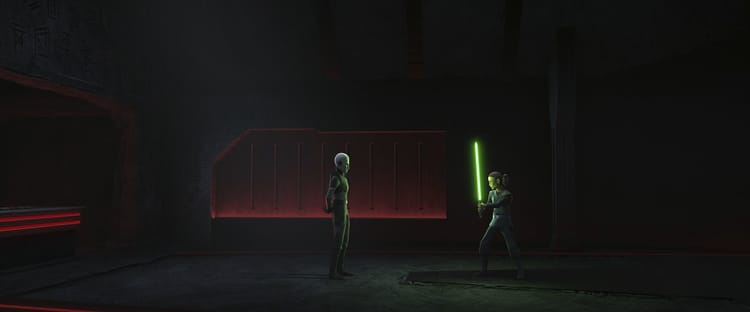
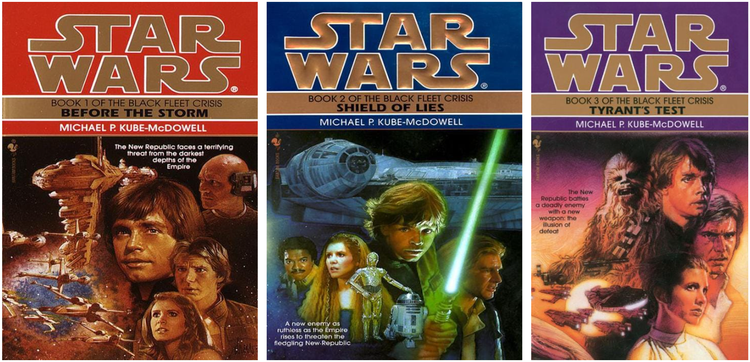
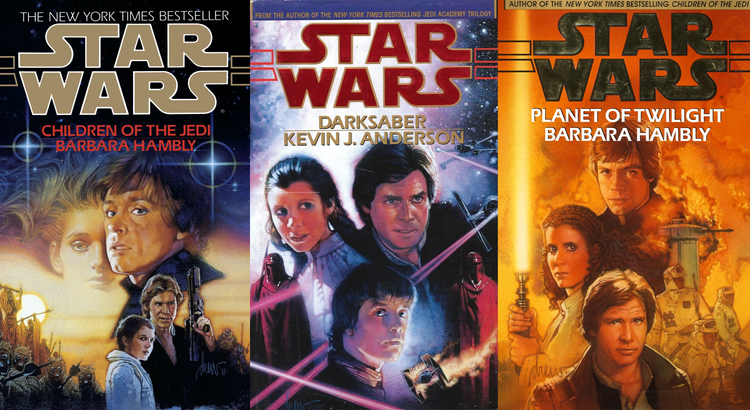
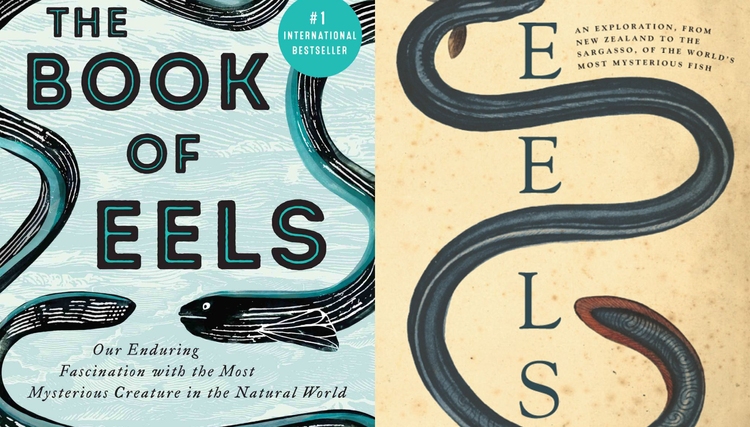
Member Commentary